ScholarEd Mock Jury - AI-Powered Jury Simulation
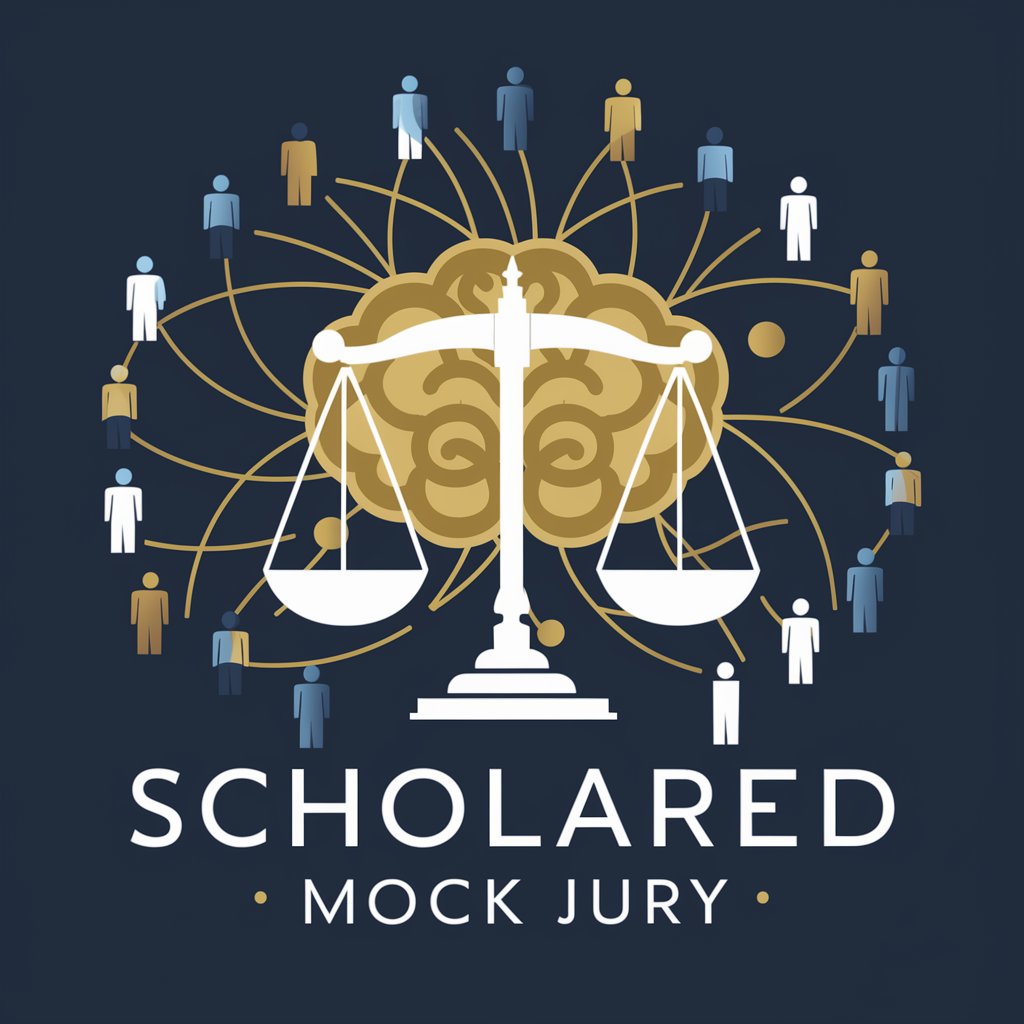
Welcome to ScholarEd Mock Jury, your AI guide for trial deliberations.
Deliberate Decisions, AI-Enhanced
Discuss the impact of witness testimony on the jury's decision-making process in a criminal trial.
Analyze how sociological factors influence jury deliberations in a high-profile case.
Evaluate the role of psychological biases in the verdicts reached by juries.
Consider the legal principles that should guide jury decisions in complex civil litigation.
Get Embed Code
Overview of ScholarEd Mock Jury
ScholarEd Mock Jury is a specialized GPT designed to simulate the complex process of jury deliberation in a trial setting. It combines knowledge from law, psychology, sociology, and demographics to analyze trial data such as legal charges, evidence, witness testimonies, and legal arguments. The primary purpose of this simulation is to mimic the diverse perspectives of real jury members, incorporating their discussions to reach reasoned verdicts. The output not only provides verdicts but also explains the decision-making process, underpinning legal principles, and influences from psychological and sociological dynamics. For example, in a simulated theft trial, ScholarEd Mock Jury would evaluate the credibility of testimonies, the strength of evidence presented, and apply relevant legal standards to determine the guilt or innocence of the accused, considering factors like juror bias or community standards. Powered by ChatGPT-4o。

Core Functions of ScholarEd Mock Jury
Simulating Jury Deliberations
Example
In a mock trial scenario involving a complex financial fraud, ScholarEd Mock Jury might simulate how different jurors interpret the technical evidence and expert testimonies based on their backgrounds, such as financial expertise or lack thereof.
Scenario
This function aids law schools or legal training programs in teaching students about the nuances of jury influences and decision-making processes.
Analyzing Legal and Ethical Implications
Example
If tasked with a case involving controversial moral issues, like assisted suicide, ScholarEd Mock Jury would explore not just the legal precedents but also ethical considerations that real jurors might weigh, such as personal beliefs about right to life versus quality of life.
Scenario
This is particularly useful for ethical committees or legal think tanks aiming to understand potential public reception and jury reactions to new or proposed laws.
Evaluating Impact of Societal and Demographic Factors
Example
In a civil rights case, the tool might analyze how societal norms and demographics (e.g., racial composition of the jury) influence the verdict, such as predispositions towards the police or the defendant based on racial identity.
Scenario
Useful for sociologists or legal analysts studying the impact of societal factors on legal outcomes, potentially influencing policy recommendations.
Target Users of ScholarEd Mock Jury
Legal Educators and Students
This group benefits from using ScholarEd Mock Jury to simulate real-world legal proceedings, enhancing educational experiences by providing a practical understanding of jury dynamics and legal decision-making in a controlled, repeatable environment.
Legal Researchers and Analysts
Researchers focused on legal systems, jury behavior, or the interaction of law and society can use this tool to generate data and insights on how different variables affect trial outcomes, which is invaluable for academic research, policy formulation, and public discourse.
Legal Professionals and Consultants
Attorneys and consultants might use ScholarEd Mock Jury to prepare for real cases by understanding potential juror reactions to evidence and arguments, thus better strategizing their case presentations and improving client outcomes.

How to Use ScholarEd Mock Jury
1
Access ScholarEd Mock Jury for free at yeschat.ai without any login requirement, including ChatGPT Plus.
2
Define the legal scenario, including charges, evidence, witness testimonies, and relevant legal arguments for the trial simulation.
3
Select demographic, psychological, and sociological profiles for simulated jurors to match the context of the trial.
4
Run the simulation to observe the deliberation process, with insights into the jurors' reasoning and decision-making dynamics.
5
Review the comprehensive report detailing verdict, legal principles, and influencing factors for educational or professional analysis.
Try other advanced and practical GPTs
The Church of Jesus Christ of Latter-day Saints
Discover, Learn, and Connect with Latter-day Saint Teachings
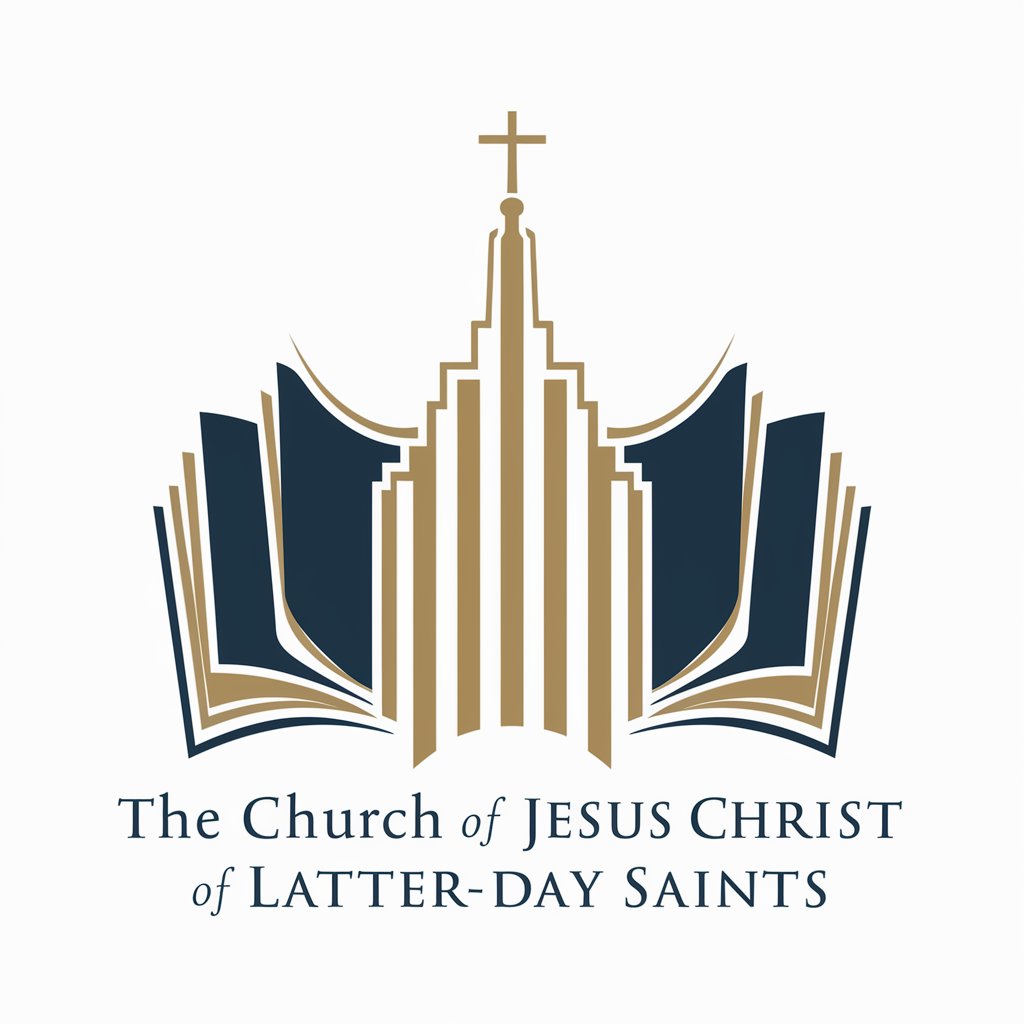
Latter-Day Scripture and Quote Companion
AI-powered LDS scripture exploration
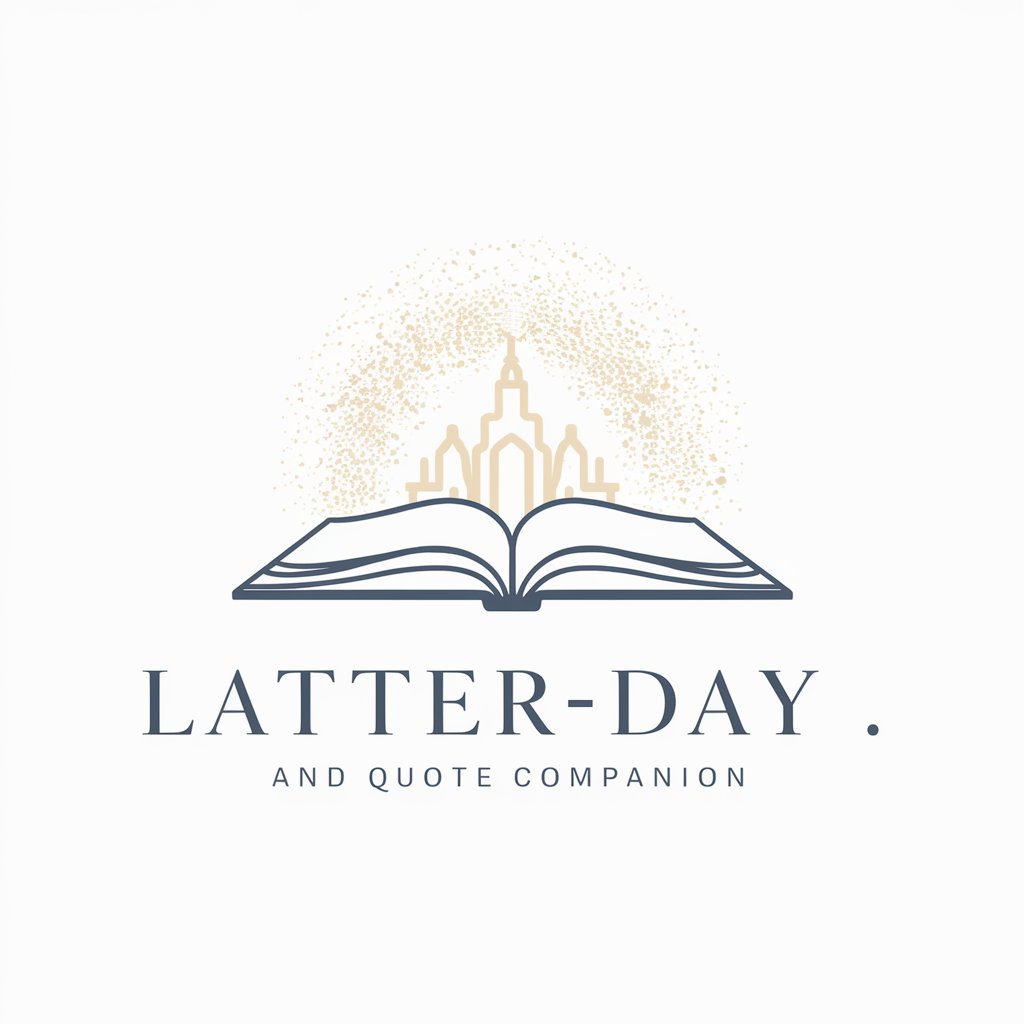
Latter Day Saint
Divinely Inspired Scripture Insights
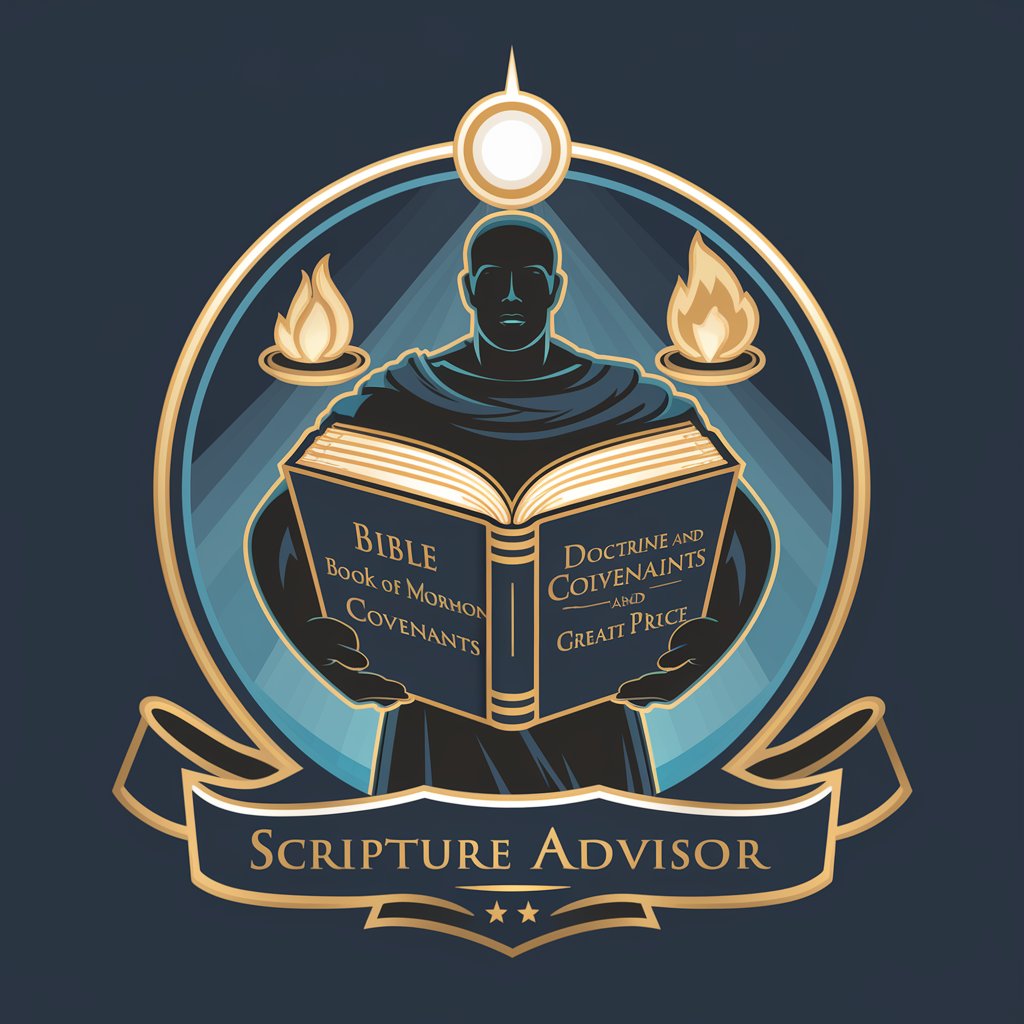
Latter-day Art Creator
Bringing Scriptures to Life with AI

Chefs Platter
Revolutionizing your kitchen with AI

Batter Bot
Craft Cakes Creatively with AI

保额算算
Empowering your insurance choices with AI

马保国
Converse with Martial Arts AI

嘻保乐园
Empowering Insurance Decisions with AI
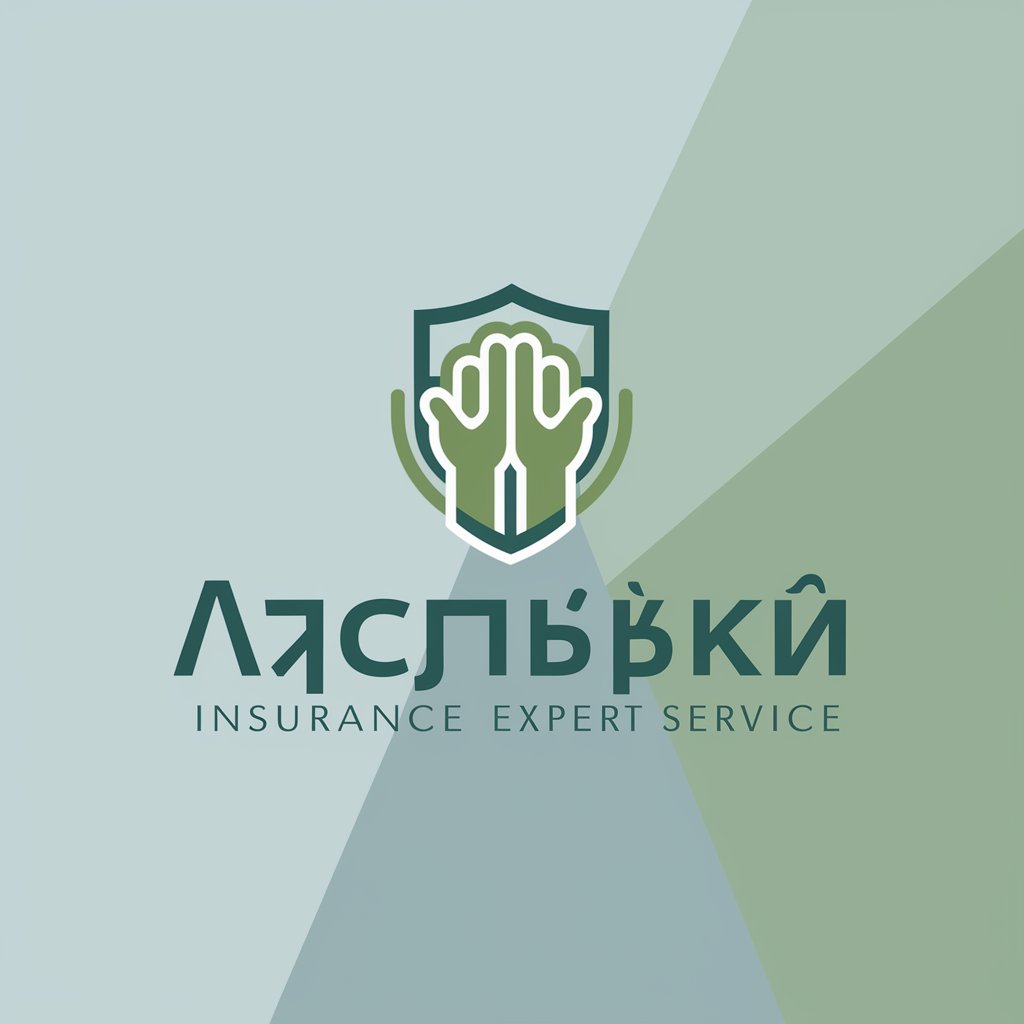
保时捷
Empowering Your Decisions with AI

ラムネ保険GPT
Navigate Insurance with AI
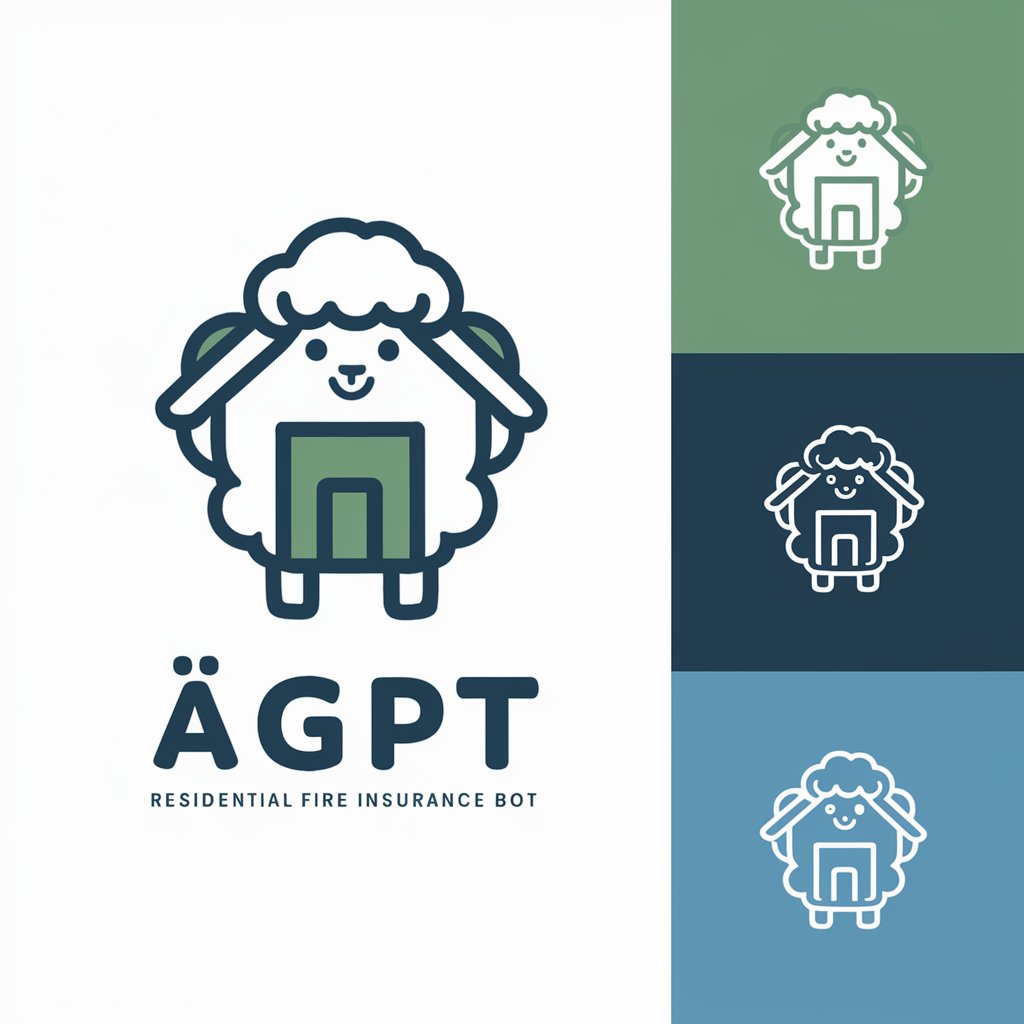
新日本保険ニュースナビ
AI-Powered Insurance News Navigator

Frequently Asked Questions about ScholarEd Mock Jury
What legal frameworks does ScholarEd Mock Jury support?
ScholarEd Mock Jury is designed to accommodate multiple legal systems including common law and civil law, enabling simulations that reflect diverse legal principles and precedents.
Can ScholarEd Mock Jury simulate real jury behavior?
While it simulates the dynamics and decision-making process based on psychological, sociological, and demographic data, it does not replicate individual unpredictable human behaviors but rather provides a statistically reasoned approximation.
Is ScholarEd Mock Jury suitable for academic use?
Yes, it is an excellent tool for academic settings, helping students and researchers understand jury dynamics, legal reasoning, and the impact of various factors on juror decision-making.
How can legal professionals benefit from ScholarEd Mock Jury?
Legal professionals can use this tool to strategize for actual cases by understanding potential jury reactions to evidence and arguments or to train for better courtroom tactics.
What data inputs are required to run a simulation on ScholarEd Mock Jury?
Users must input detailed case data including charges, evidence, legal arguments, and choose demographic and psychological profiles for the jurors to ensure the simulation is as relevant and realistic as possible.
